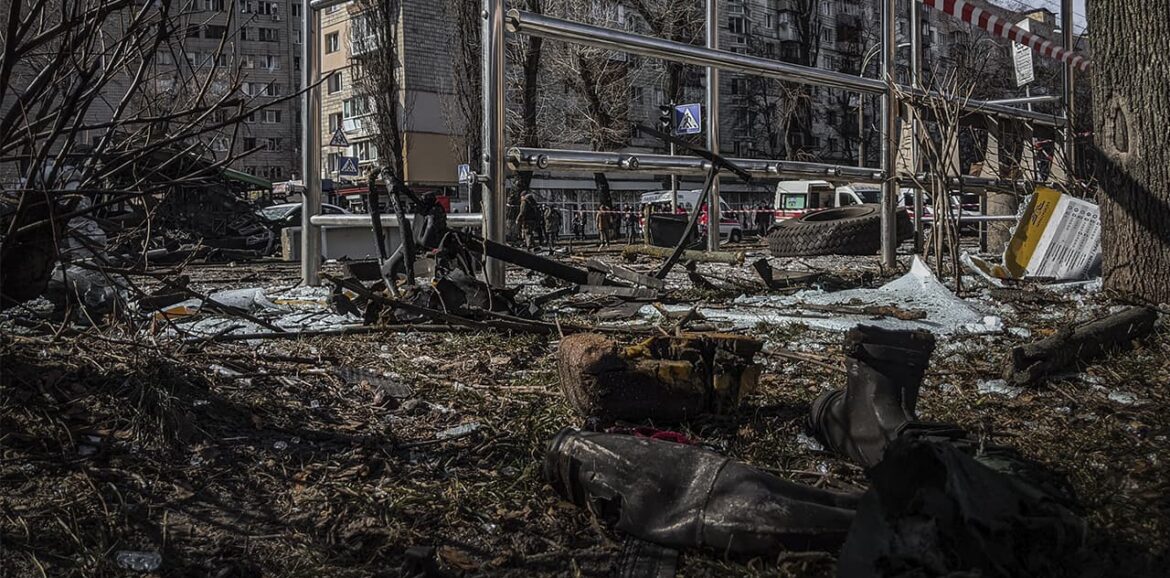The Berlin offensive was one of the last operations of World War II and one of the most famous. During it the Red Army took the capital of the Third Reich – Berlin, defeated the last, most powerful, forces of the enemy and forced it to capitulate.
The operation lasted 23 days, from April 16 to May 8, 1945, during which the Soviet armies had moved on 100-220 km to the West. In the framework of it the following offensive operations were carried out: Stettin-Rostok, Selous-Berlin, Cottbus-Potsdam, Stremberg-Torgau and Brandenburg-Ratenau. Three fronts participated in the operation: the 1st Belorussian (G.K. Zhukov), the 2nd Belorussian (K.K. Rokossovsky) and the 1st Ukrainian (I.S. Konev).
The Berlin offensive operation was prepared very thoroughly. Enormous stocks of military equipment and ammunition were transferred to the outskirts of the city, the forces of three fronts were attracted. In total, more than three million people participated in the battle on both sides.
The assault of the city began on April 16 at 3 a.m. By the searchlight, fifteen hundred tanks and infantry attacked the defensive positions of the Germans. The fierce fight was conducted for four days, after which the forces of three Soviet fronts and the Polish army managed to take the city in a ring. On the same day the Soviet armies met with the Allies on the Elbe. As a result of four days of fighting a few hundred thousand people were captured and dozens of armored vehicles were destroyed.
However, Hitler was not going to surrender Berlin, he insisted that the city must be held at all costs. Hitler refused to surrender even after the Soviets came close to the city, he threw all available human resources, including children and the elderly, into the war effort.
On April 21, the Soviet army was able to reach the outskirts of Berlin and engage in street battles there – German soldiers fought to the last man, following Hitler’s order not to surrender. On April 29, Soviet soldiers began storming the Reichstag building. On April 30, the Soviet flag was hoisted on the building – the war ended, Germany was defeated. On the night of May 9 an act of unconditional surrender of Germany was signed.
The Berlin operation ended the Great Patriotic War and World War II. As a result of the rapid offensive of the Soviet troops, Germany was forced to surrender, all chances of opening a second front and making peace with the Allies were ruined.
